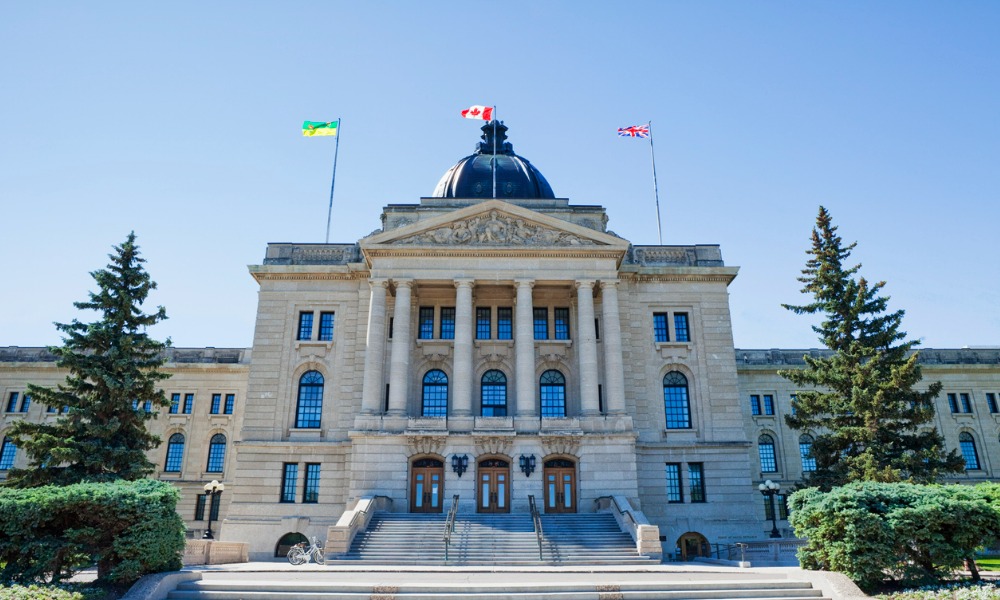
Changes to the Summary Offences Procedure Act are underway

The Saskatchewan government has laid the groundwork for increased First Nations self-governance through the introduction of two pieces of legislation: the Summary Offences Procedure Amendment Act and the Cannabis Control Amendment Act.
The Summary Offences Procedure Amendment Act, 2022 will provide a legal framework that First Nations communities can use to enforce laws and bylaws on-reserve. According to Justice Minister and Attorney General Bronwyn Eyre, the simplified offences procedure of issuing tickets and fines will replace the long-form process under the Criminal Code.
The provincial government worked with Muskoday First Nation (MFN) and Whitecap Dakota First Nation (WDFN) in championing for the legislation, following a memorandum of understanding signed by all three on October 18, 2019 to address the lack of enforcement on First Nations’ laws.
"First Nations assert their jurisdiction and maintain community safety by creating laws under the Indian Act, land codes, and other federal legislation but there have been difficulties in enforcing these laws in the courts,” WDFN chief Darcy Bear said. “Through our work with the provincial government, the amendments to SOPA will give us access to prosecution and enforcement tools that will give force to our laws and strengthen the place of our laws alongside federal and provincial law.”
Meanwhile, the Cannabis Control Amendment Act, 2022 establishes the legal framework for First Nations to license and regulate the distribution and retailing of cannabis on-reserve that is consistent with federal and provincial legislation to establish a local cannabis authority.
Once established, First Nations stores will have access to regulated cannabis products.
“Our government supports First Nations exercising their authority over on-reserve distribution and retailing of cannabis through a legal framework with Saskatchewan Liquor and Gaming Authority (SLGA),” the minister responsible for SLGA, Lori Carr, said. “This change further fosters reconciliation by ensuring First Nation-owned businesses are able to fully participate in the economic opportunities presented by the retail cannabis industry.”
Part of the amendments will also require Saskatchewan cannabis retailers to ask for proof of age only when a purchaser appears to be under the age of 25.